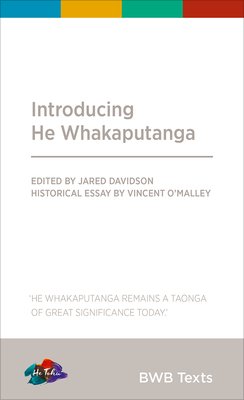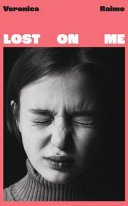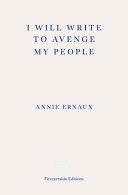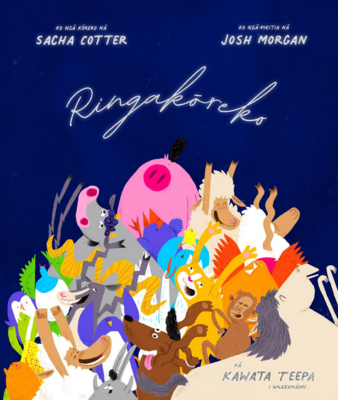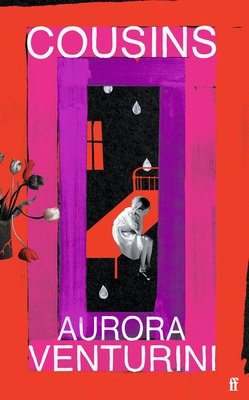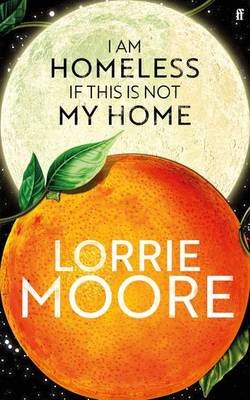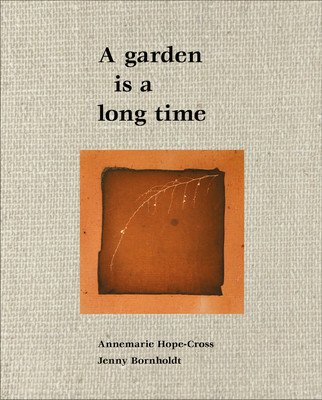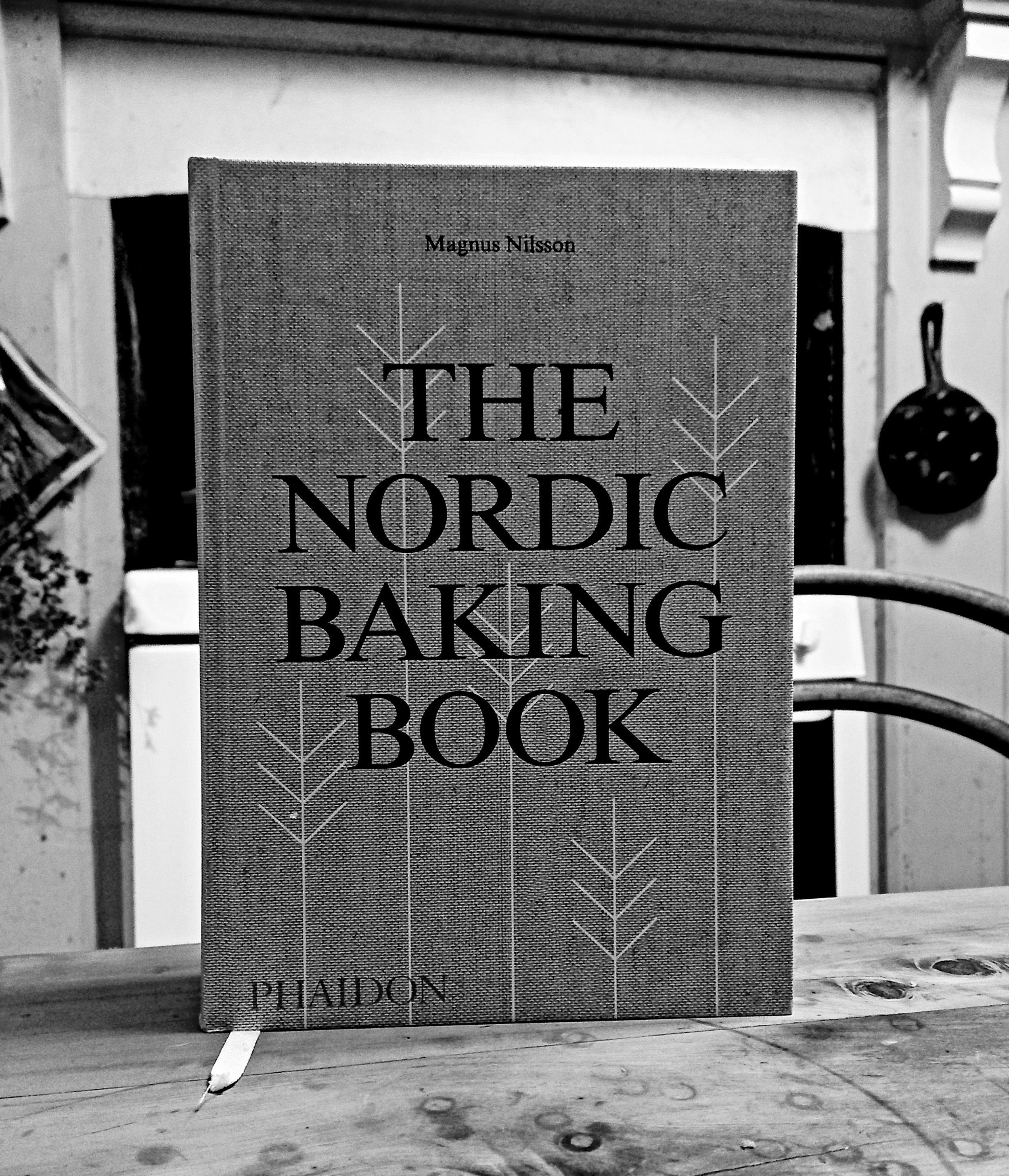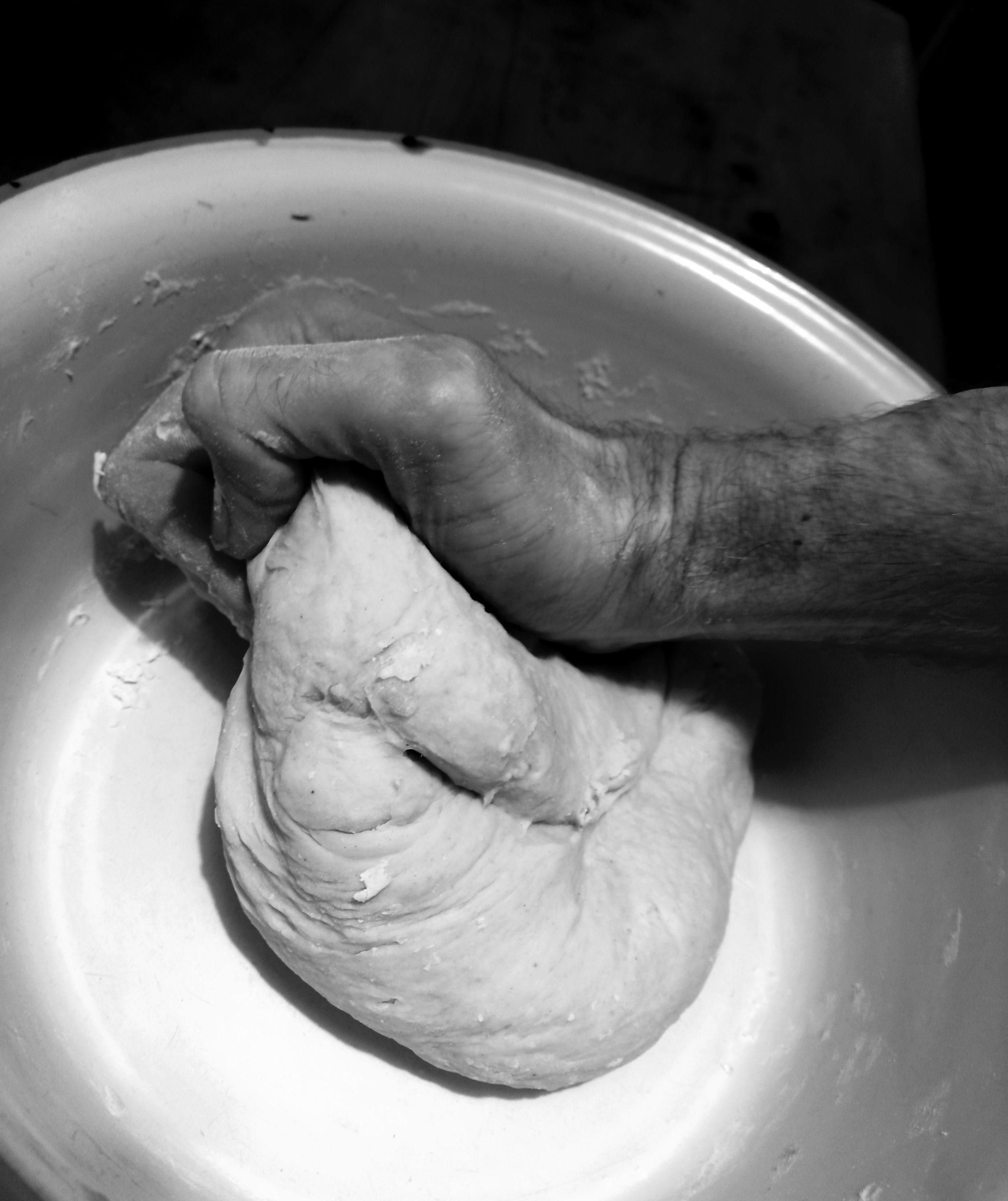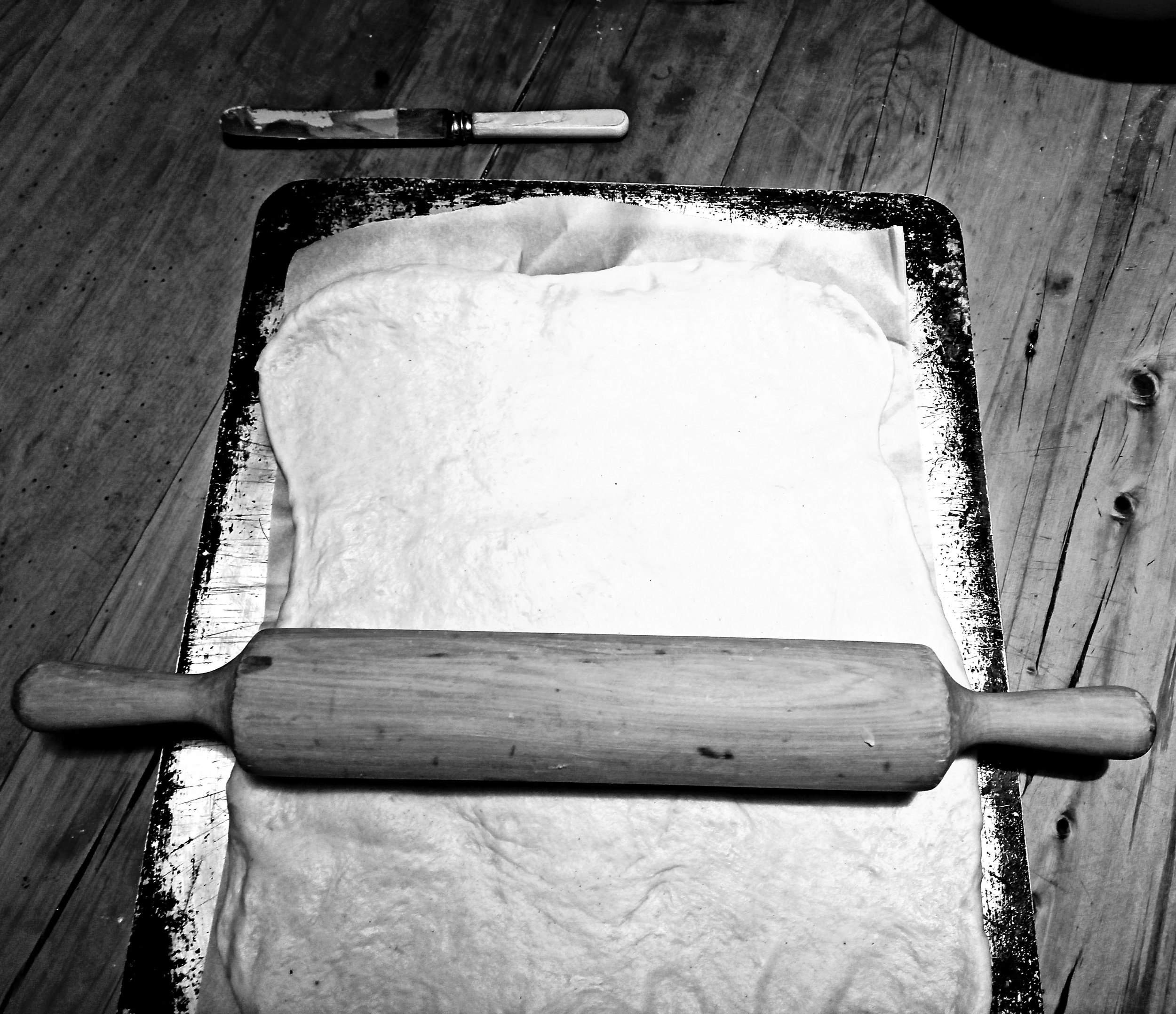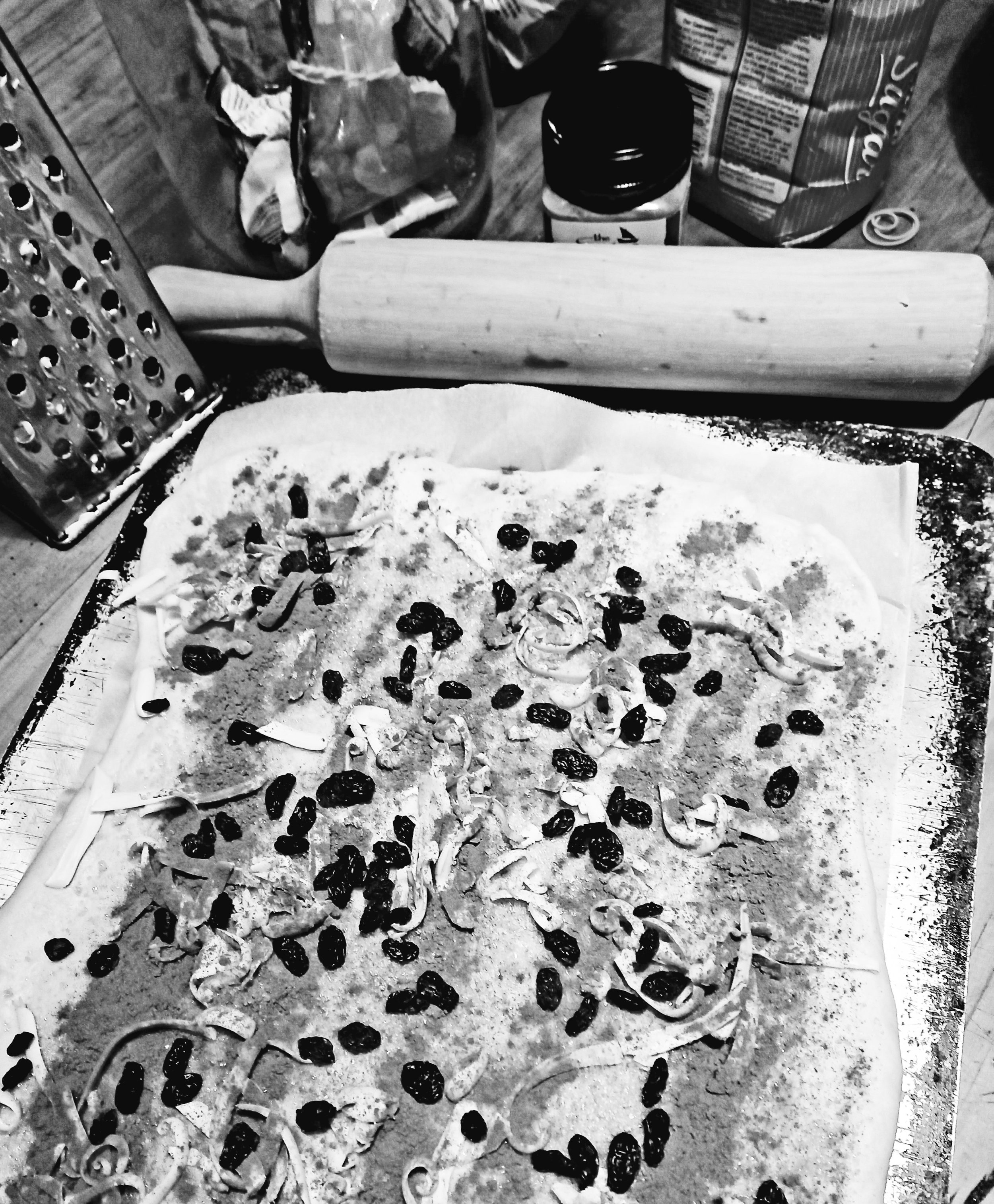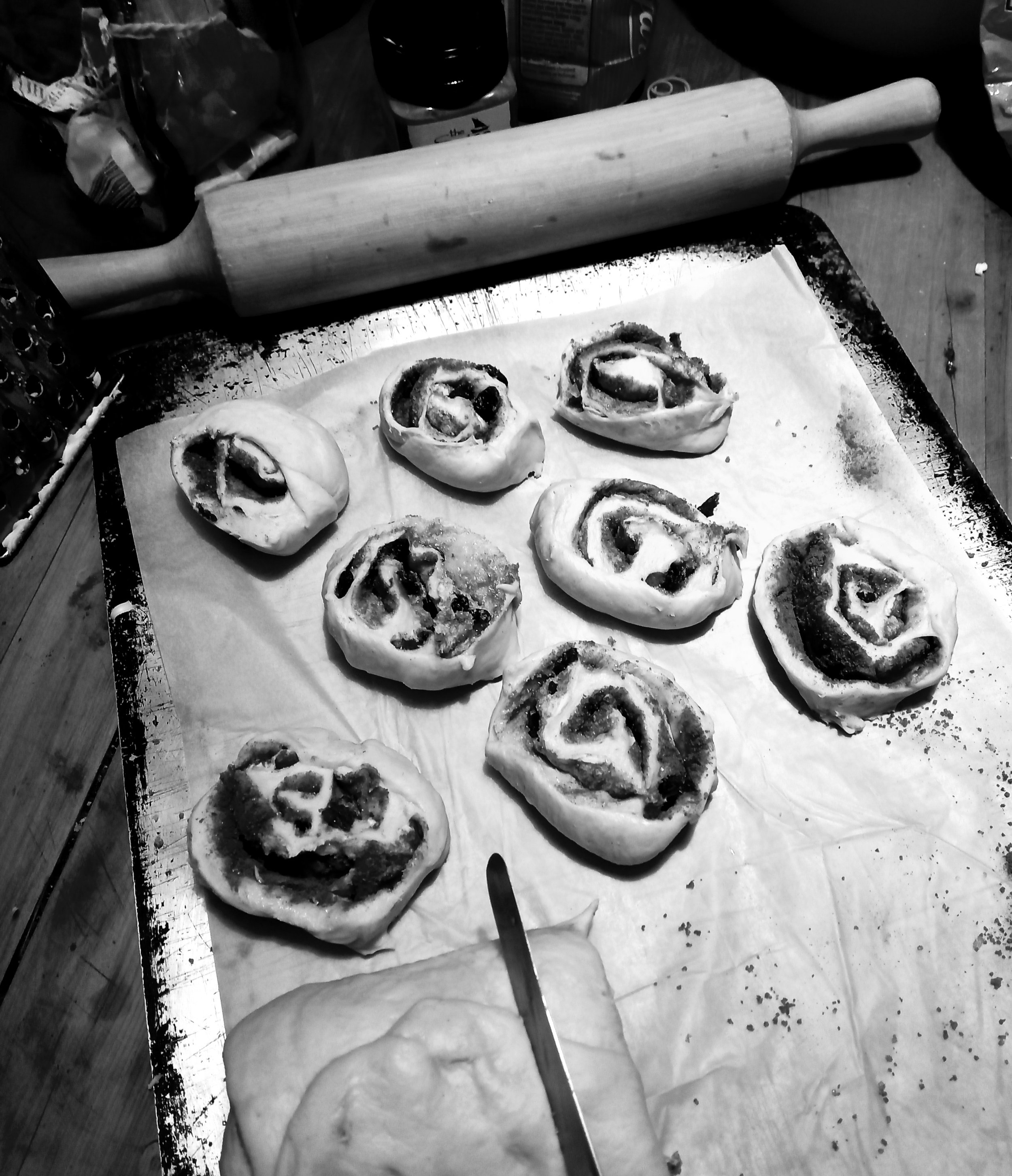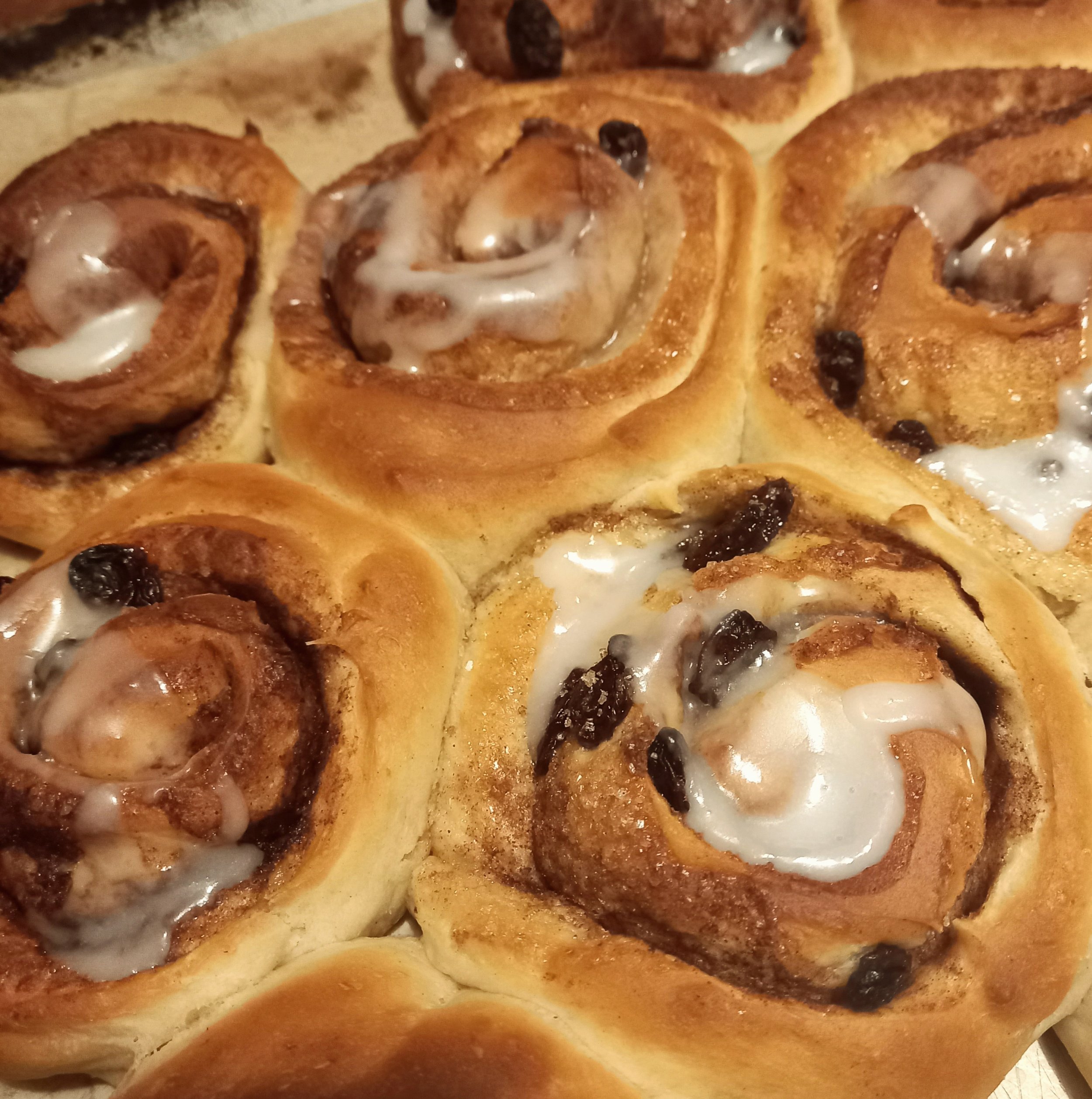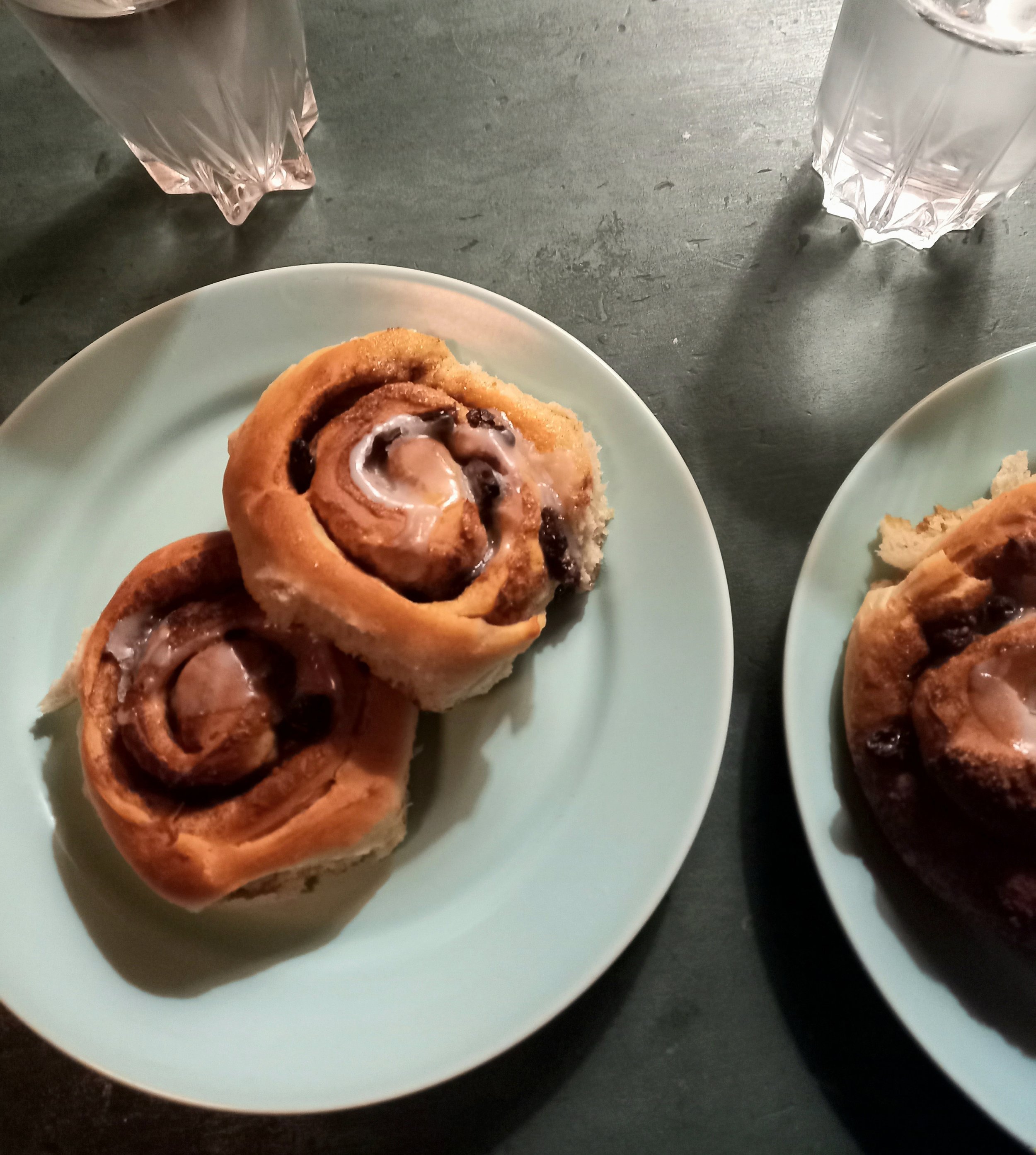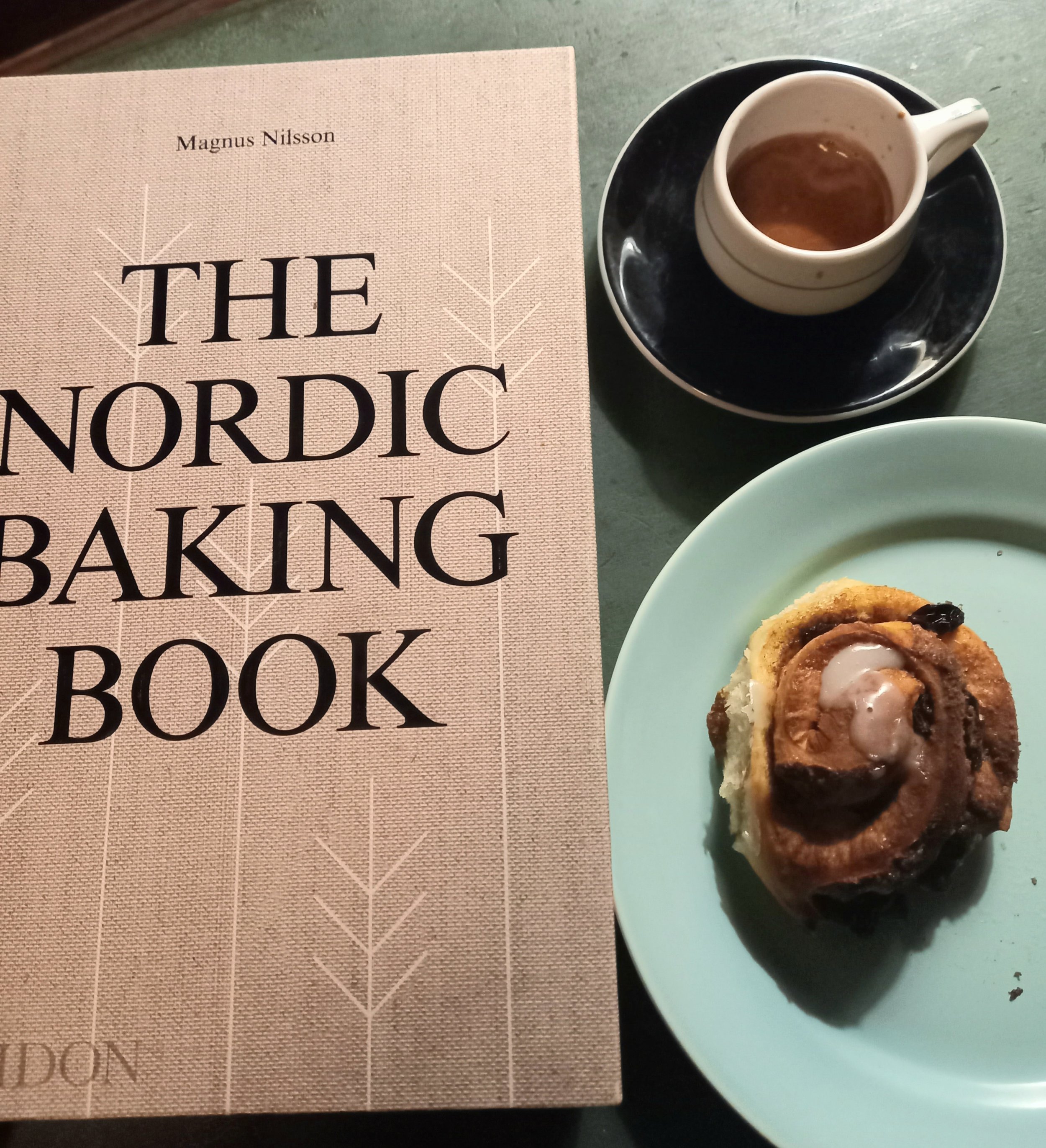New books — just out of the carton! Click through for your copies now.
Blood and Dirt: Prison labour and the making of New Zealand by Jared Davidson $50
”Picture, for a minute, every artwork of colonial New Zealand you can think of. Now add a chain gang. Hard labour men guarded by other men with guns. Men moving heavy metal. Men picking at the earth. Over and over again. This was the reality of nineteenth-century New Zealand.” Forced labour haunts the streets we walk today and the spaces we take for granted. The unfree work of prisoners has shaped New Zealand's urban centres and rural landscapes and Te Moana-nui-a-Kiwa — the Pacific — in profound and unsettling ways. Yet these stories are largely unknown: a hidden history in plain sight. Blood and Dirt explains, for the first time, the making of New Zealand and its Pacific empire through the prism of prison labour. Jared Davidson asks us to look beyond the walls of our nineteenth- and early twentieth-century prisons to see penal practice as playing an active, central role in the creation of modern New Zealand. A consummate history, illustrated throughout. Fascinating.
Rombo by Esther Kinsky (translated from German by Caroline Schmidt) $28
How does the impact of a disaster remain below the surface of consciousness, altering even the most unexpected things? In May and September 1976, two earthquakes ripped through north-eastern Italy, causing severe damage to the landscape and its population. About a thousand people died under the rubble, tens of thousands were left without shelter, and many ended up leaving their homes in Friuli forever. The displacement of material as a result of the earthquakes was enormous. New terrain was formed that reflects the force of the catastrophe and captures the fundamentals of natural history. But it is far more difficult to find expression for the human trauma, the experience of an abruptly shattered existence. In Rombo, Esther Kinsky’s new novel, seven inhabitants of a remote mountain village talk about their lives, which have been deeply impacted by the earthquake that has left marks they are slowly learning to name. From the shared experience of fear and loss, the threads of individual memory soon unravel and become haunting and moving narratives of a deep trauma. A remarkable piece of work.
”In Esther Kinsky’s new novel, language becomes the highest form of compassion and solidarity – not only with us human beings, but with the whole world, organic, non-organic, speaking out with many mouths and living voices. A miracle of a book; should be shining when it gets dark.” —Maria Stepanova
>>Writing itself anew.
>>Read Thomas’s review of Grove.
>>Read Thomas’s review of River.
The Wonders by Elena Medel (translated from Spanish by Thomas Bunstead and Lizzie Davis) $25
Maria and her granddaughter Alicia have never met. Decades apart, both make the same journey to Madrid in search of work and independence. Maria, scraping together a living as a cleaner and carer, sending money back home for the daughter she hardly knows; Alicia, raised in prosperity until a family tragedy, now trapped in a poorly paid job and a cycle of banal infidelities. Their lives are marked by precarity, and by the haunting sense of how things might have been different. Through a series of arresting vignettes, Elena Medel weaves together a broken family's story, stretching from the last years of Franco's dictatorship to mass feminist protests in contemporary Madrid. Audacious, intimate and shot through with razor-edged lyricism, The Wonders is a revelatory novel about the many ways that lives are shaped by class, history and feminism: about what has changed for working class women, and what has remained stubbornly the same.
”The Wonders is a poet's novel, delicate but strong, impressing its images firmly on the imagination.” —Hilary Mantel
”Completely unsentimental and with a harshness that hides the most radiant and painful of scars, The Wonders brings to life several generations of working women: it's a serene and impious novel that puts class, feminism, and the eternal complexity of family ties at the fore.” —Mariana Enriquez
>>Two interlocked spirals.
>>The struggle to determine the course of their own lives.
>>What shapes and defines us?
Ordinary Notes by Christina Sharpe $28
Acutely observed and beautifully written, Sharpe’s Ordinary Notes explores the enduring effects of racism (relevant anywhere), questions about loss, and the shapes of US Black life that emerge in the wake. In a series of 248 notes that gather meaning as we read them, Christina Sharpe skillfully weaves artifacts from the past — public ones alongside others that are poignantly personal — with present realities and possible futures, intricately constructing an immersive portrait of everyday Black existence. The themes and tones that echo through these pages — sometimes about language, beauty, memory; sometimes about history, art, photography, and literature — always attend, with exquisite care, to the ordinary-extraordinary dimensions of Black life. At the heart of Ordinary Notes is the indelible presence of the author's mother, Ida Wright Sharpe. "I learned to see in my mother's house," writes Sharpe. "I learned how not to see in my mother's house . . . My mother gifted me a love of beauty, a love of words." Using these gifts and other ways of seeing, Sharpe steadily summons a chorus of voices and experiences to the page. She practices an aesthetic of ‘beauty as a method’, collects entries from a community of thinkers toward a ‘Dictionary of Untranslatable Blackness’, and rigorously examines sites of memory and memorial. In the process, she forges a new literary form. A beautifully illustrated hardback.
>>Some notes.
>>Slips of the tongue.
>>Notes as form.
Eunuch by Kristina Carlson (translated from Finnish by Mikko Alapuro) $34
Wang Wei has always chosen his words carefully. His unobtrusive presence has seen him through the reign of five emperors, but now, as his own time is running out, he immerses himself in an unbridled account of a life confined at court during the Song dynasty in 12th century China. From the early separation from his parents, sisters, and brother – who did not survive the operation into a eunuch – to the power struggles he has witnessed and endured, Wang Wei examines human relationships with precision and a catching sense of wonder. While rumours are weapons, it is love and its various forms of expression that most fascinate Wang Wei.
”Adeptly using the very particular to get at the achingly universal, Eunuch is a short but striking meditation on difference and belonging. Someone who has always lived in-between will recognise that the stages of dusk are just as real as night and day. Elegant and earthy in turns, evoking whole worlds with deceptively simple words, Carlson’s writing recalls the aphoristic poetry of her narrator’s era.” —Kaisa Saarinen
>>Places I’ve never been.
George: A magpie memoir by Frieda Hughes $37
When Frieda Hughes moved to the depths of the Welsh countryside, she was expecting to take on a few projects: planting a garden, painting and writing her poetry column for the Times. But instead, she found herself rescuing a baby magpie, the sole survivor of a nest destroyed in a storm — and embarking on an obsession that would change the course of her life. As the magpie, George, grows from a shrieking scrap of feathers and bones into an intelligent, unruly companion, Frieda finds herself captivated — and apprehensive of what will happen when the time comes to finally set him free.
”There is an astringent beauty to Frieda Hughes's George. It's one of those books that appears to be about one thing-in this case, hand-rearing the eponymous orphan magpie-whilst being about something altogether more profound: love, loss and how inextricably linked they are. Love comes alive in Hughes' pages as an act of acute attentiveness. Loss lingers in the margins, but George doesn't baulk at the shadows. Instead, this book pulses with a defiant wonder at the living world, as wild and unruly as our feathered hero.'“ —Polly Morland
>>On George.
>>On living life like it matters.
>>On families.
Shadow Worlds: A history of the occult and esoteric in New Zealand by Andrew Paul Wood $50
A vigorous strand of interest in the occult, the spooky and the mysterious hasbeen part of our history since 1840. Shadow Worlds takes a lively look at communicating with spirits, secret ritualistic societies, the supernatural, the New Age — everything from The Golden Dawn and Rosicrucianism to Spiritualism, witchcraft and Radiant Living — and introduces the reader to a cast of fascinating characters who were generally true believers and sometimes con artists. It's a fresh and novel take on the history of a small colonial society that was notquite as ploddingly conformist as we may have imagined.
>>Not hobbits.
Desperate Remedies: Psychiatry and the mysteries of mental illness by Andrew Scull $32
For more than two hundred years, disturbances of reason, cognition and emotion — the sort of things that were once called 'madness' — have been described and treated by the medical profession. Mental illness, it is said, is an illness like any other — a disorder that can be treated by doctors, whose suffering can be eased, and from which patients can return. And yet serious mental illness remains a profound mystery that is in some ways no closer to being solved than it was at the start of the twentieth century. In this provocative exploration of psychiatry, sociologist Andrew Scull traces the history of its attempts to understand and mitigate mental illness — from the age of the asylum and unimaginable surgical and chemical interventions, through the rise and fall of Freud and the talking cure, and on to our own time of drug companies and antidepressants. Through it all, Scull argues, the often vain and rash attempts to come to terms with the enigma of mental disorder have frequently resulted in dire consequences for the patient.
”There are few heroes in this enraging study of a great failing. Fascinating.” —Sebastian Faulks
”Meticulously researched and beautifully written.” —Guardian
”I would recommend this fascinating, alarming and alerting book to anybody. For anyone referred to a psychiatrist it is surely essential.” —Horatio Clare
The Martins by David Foenkinos (translated from French by Sam Taylor) $35
Is it true that every life is the stuff of novels? Or are some people just too ordinary?
This is the question a struggling Parisian writer asks when he challenges himself to write about the first person he sees when he steps outside his apartment. Secretly hoping to meet the beautiful woman who occasionally smokes on his street, he instead sets eyes on octogenarian Madeleine. She's happy to become the subject of his project, but first she needs to put her shopping away. Wondering if his project is doomed to be hopelessly banal, he soon finds himself tangled in the lives of Madeleine's family. Though calm on the surface, the Martins have secrets, troubles and woes, and the writer discovers that the most compelling story is that of an ordinary life. This clever and charming book interrogates the ways in which novels are written, and their relationship to the so-called real world, and assails the perceived schism between the ;literary’ and the ‘mundane’.
”Playing with the rules of autofiction and family comedy, Foenkinos has created a multi-layered novel.” —Le Parisien
>>Trailer.
>>Foenkinos in conversation.
Cobalt Red: How the blood of the Congo powers our lives by Siddharth Kara $55
An unflinching investigation reveals the human rights abuses behind the Congo's cobalt mining operation — and the moral implications that affect us all.
Cobalt Red is the searing, first-ever exposé of the immense toll taken on the people and environment of the Democratic Republic of the Congo by cobalt mining, as told through the testimonies of the Congolese people themselves. Activist and researcher Siddharth Kara has traveled deep into cobalt territory to document the testimonies of the people living, working, and dying for cobalt. To uncover the truth about brutal mining practices, Kara investigated militia-controlled mining areas, traced the supply chain of child-mined cobalt from toxic pit to consumer-facing tech giants, and gathered shocking testimonies of people who endure immense suffering and even die mining cobalt. Cobalt is an essential component to every lithium-ion rechargeable battery made today, the batteries that power our smartphones, tablets, laptops, and electric vehicles. Roughly 75 percent of the world's supply of cobalt is mined in the Congo, often by peasants and children in sub-human conditions. Billions of people in the world cannot conduct their daily lives without participating in a human rights and environmental catastrophe in the Congo.
>>Unbearable.
Introducing Te Tiriti o Waitangi by Claudia Orange and Jared Davidson $18
In 1840, over 500 Maori leaders put their names to a significant new document: Te Tiriti o Waitangi or the Treaty of Waitangi. Through their signatures, moko or marks they were making an agreement with the British Crown. At stake was the sovereignty of the country, the governance of the land. The history of this agreement is a remarkable one, and ignorance about the centrality of the agreement continues to lead to conflict and prejudice.
Introducing He Whakaputanga by Vincent O’Malley and Jared Davidson $18
He Whakaputanga o te Rangatiratanga o Nu Tireni/The Declaration of Independence of New Zealand was signed by fifty-two rangatira from 1835 to 1839. It was a powerful assertion of mana and rangatiratanga, made after decades of Maori and European encounters that had been steadily expanding — both within Aotearoa New Zealand and elsewhere on the globe as Maori travelled abroad. As rangatira reached out, they also forged new alliances. He Whakaputanga was part of that process, reinforcing ties between northern rangatira and the British Crown that dated back nearly half a century.
Introducing the Women’s Suffrage Petition, 1893 by Barbara Brookes and Jared Davidson $18
In 1893 New Zealand became the first country in the world with universal suffrage: all New Zealand women now had the right to vote. This achievement owed much to an extraordinary document: the 1893 Women’s Suffrage Petition. Over 270 metres long, with the signatures of some 24,000 women (and at least twenty men), the Suffrage Petition represents the culmination of many years of campaigning by suffragists, led by Kate Sheppard, and women throughout the country.
The Mystery at Dunvegan Castle by T.L. Huchu $38
Ropa Moyo is no stranger to magic or mysteries. But she's still stuck in an irksomely unpaid internship. So she's thrilled to attend a magical convention at Dunvegan Castle, on the Isle of Skye, where she'll rub elbows with eminent magicians. For Ropa, it's the perfect opportunity to finally prove her worth. Then a librarian is murdered and a precious scroll stolen. Suddenly, every magician is a suspect, and Ropa and her allies investigate. Trapped in a castle, with suspicions mounting, Ropa must contend with corruption, skullduggery and power plays. Time to ask for a raise? The third in the excellent ‘Edinburgh Nights’ series.
”Tendai's alternative Edinburgh becomes more real and more exciting with every book. An artful combination of magic, history and imagination wrapped up in an engaging story.” —Ben Aaronovitch












